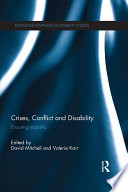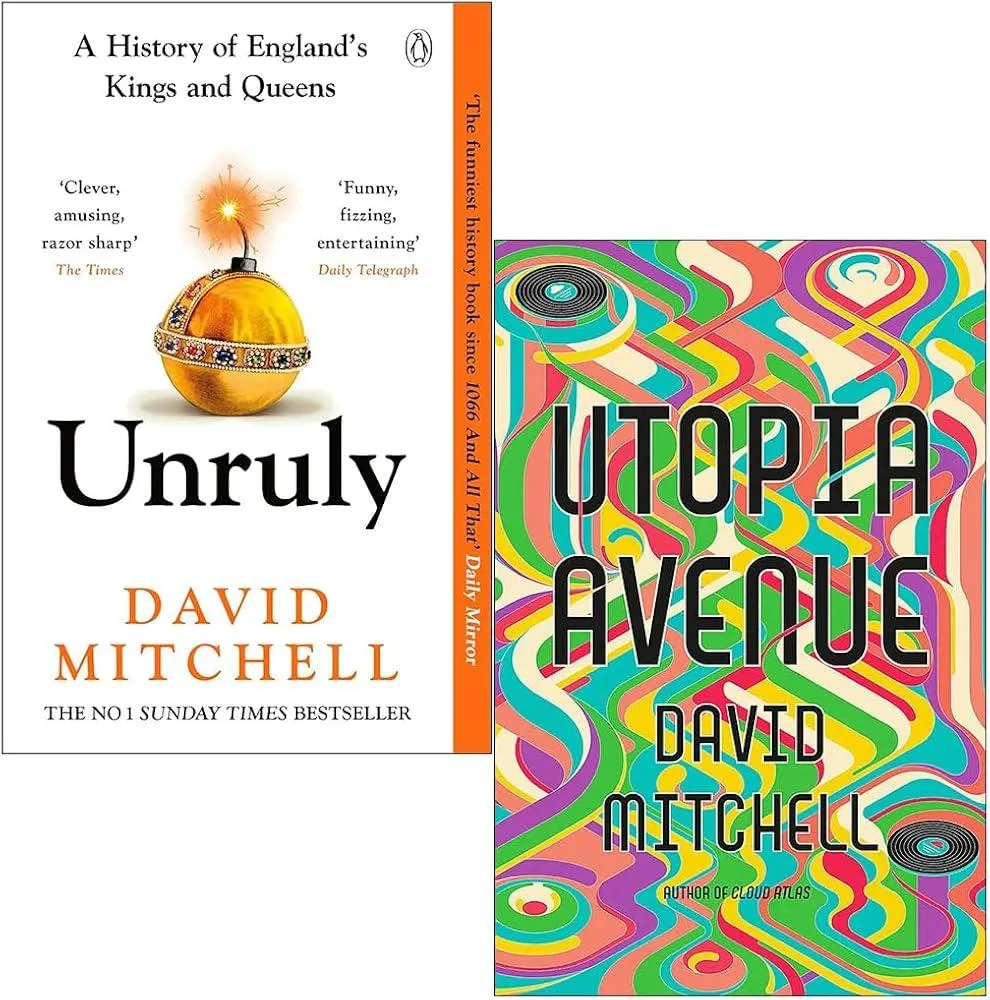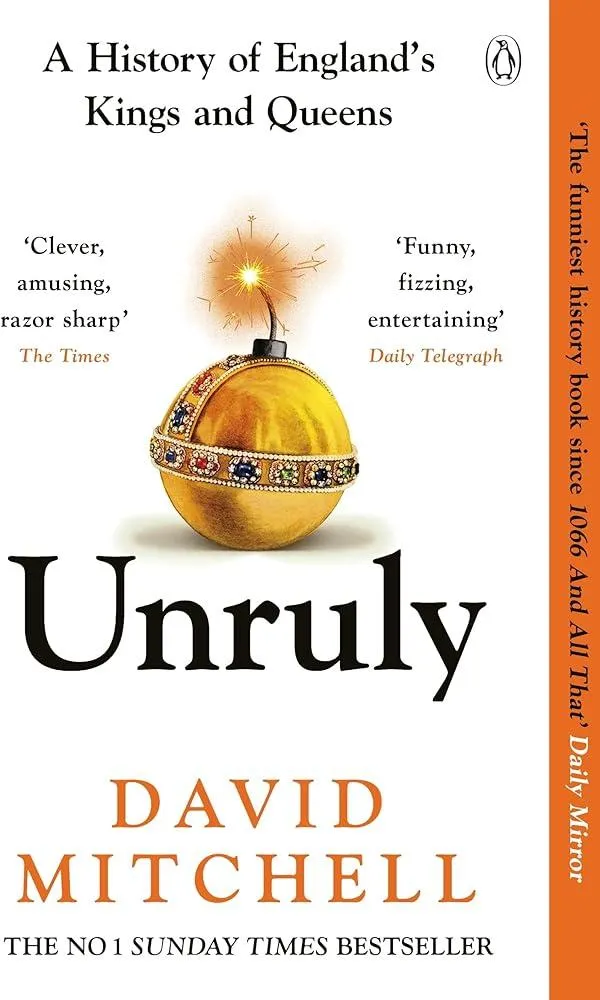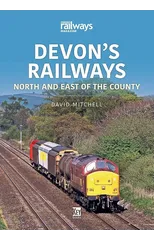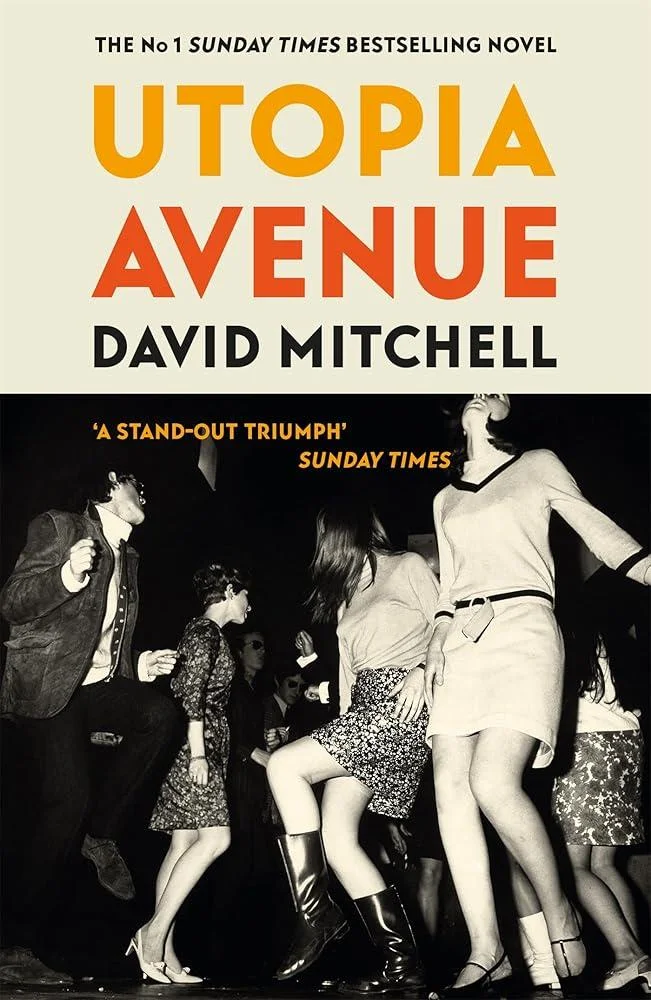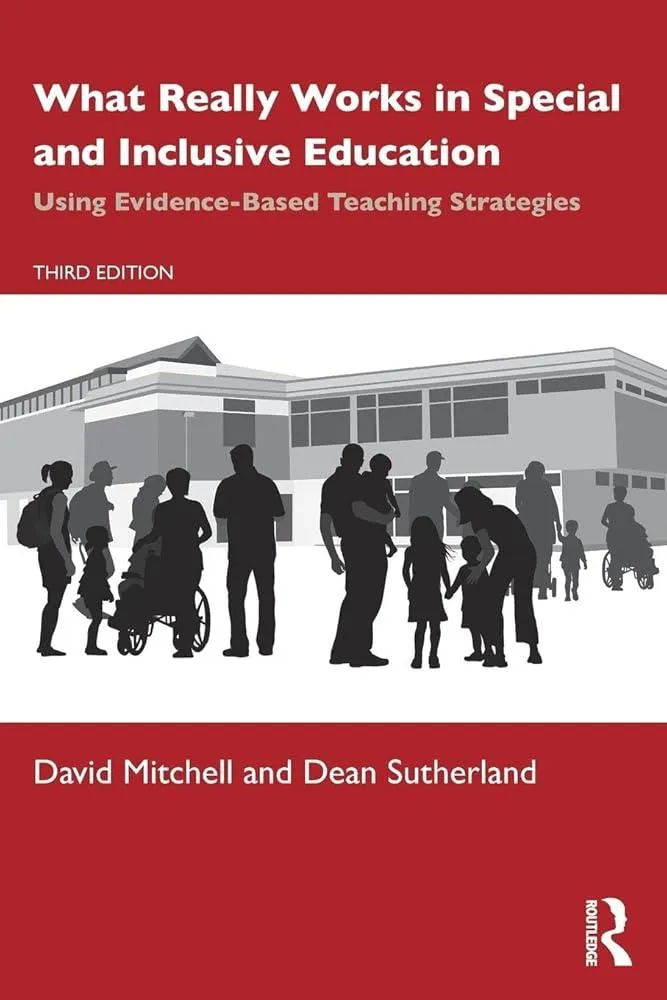Crises, Conflict and Disability
Ensuring Equality
(Author) David MitchellPeople with disabilities are among the most adversely affected during conflict situations or when natural disasters strike. They experience higher mortality rates, have fewer available resources and less access to help, especially in refugee camps, as well as in post-disaster environments. Already subject to severe discrimination in many societies, people with disabilities are often overlooked during emergency evacuation, relief, recovery and rebuilding efforts. Countries party to the UN Convention on the Rights of Persons with Disabilities must take all necessary measures to ensure the protection and safety of people with disabilities during situations of armed conflict, humanitarian emergencies, and natural disasters. Such aid should be designed to support preparedness, response, recovery and rebuilding. This book includes perspectives from around the globe and explores the implications at the policy, programme, and personal level, discussing issues such as: How can national laws, policies, and regulations provide guidance, methods and strategies to integrate and coordinate inclusive emergency management? What should people with disabilities know in order to be prepared for emergency situations? What lessons have we learned from past experiences? What are the current shortfalls (physical and cultural) that put people with disabilities at risk during emergencies and what can be done to improve these situations (e.g. through new technologies and disaster planning)? How does disability affect people’s experiences as refugees and other displaced situations; what programmes and best practices are in place to protect and promote their rights during their period of displacement? How must disabled people with disabilities be factored in to the resettlement and rebuilding process; does an opportunity for ensuring universal access exist in the rebuilding process? What is the impact of disasters and conflicts on such special populations as disabled women, disabled children, and those with intellectual disabilities? Spotlighting a pressing issue that has long been neglected in emergency planning fields, this innovative book discusses how to meet the needs of people with disabilities in crises and conflict situations. It is an important reference for all those working in or researching disability and inclusion, and emergency and disaster management, both in developed and developing countries.
David Mitchell
David Mitchell is a British author known for his intricate narratives that blend multiple genres and styles. His most notable works include "Cloud Atlas," a novel that weaves together six interconnected stories spanning different time periods and genres, and "The Bone Clocks," a complex tale of immortality and destiny. Mitchell's literary style is characterized by his ability to seamlessly blend realism and fantasy, creating rich and immersive worlds for his readers. His contributions to literature include challenging traditional storytelling conventions and pushing the boundaries of genre fiction. "Cloud Atlas" is widely considered his most famous work, earning critical acclaim and a devoted following of readers. Mitchell's impact on the literary genre has been profound, inspiring other authors to experiment with structure and genre blending in their own works.
